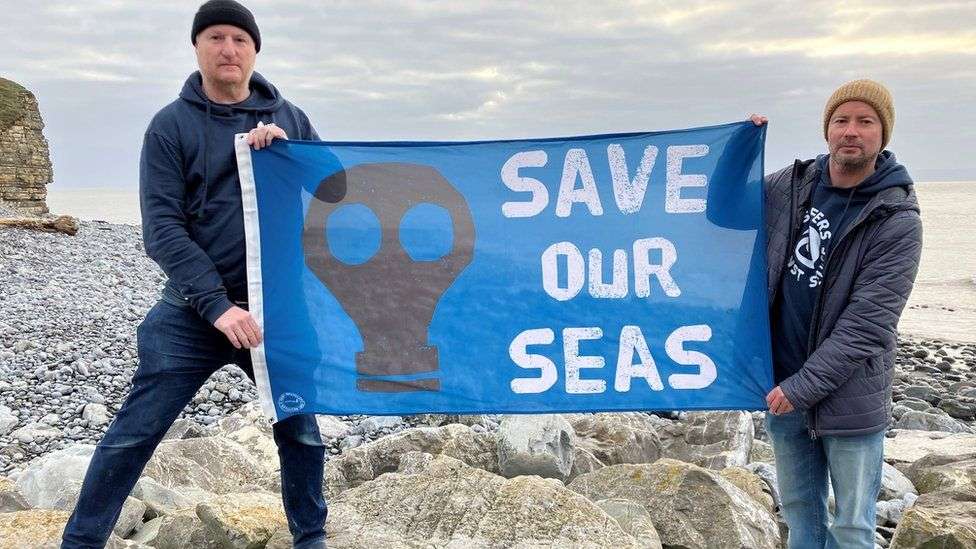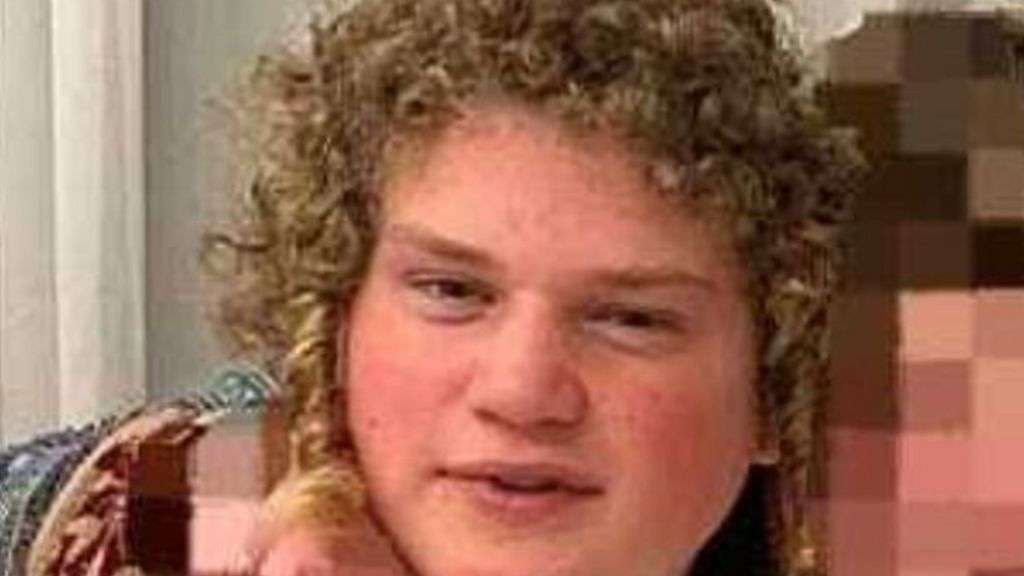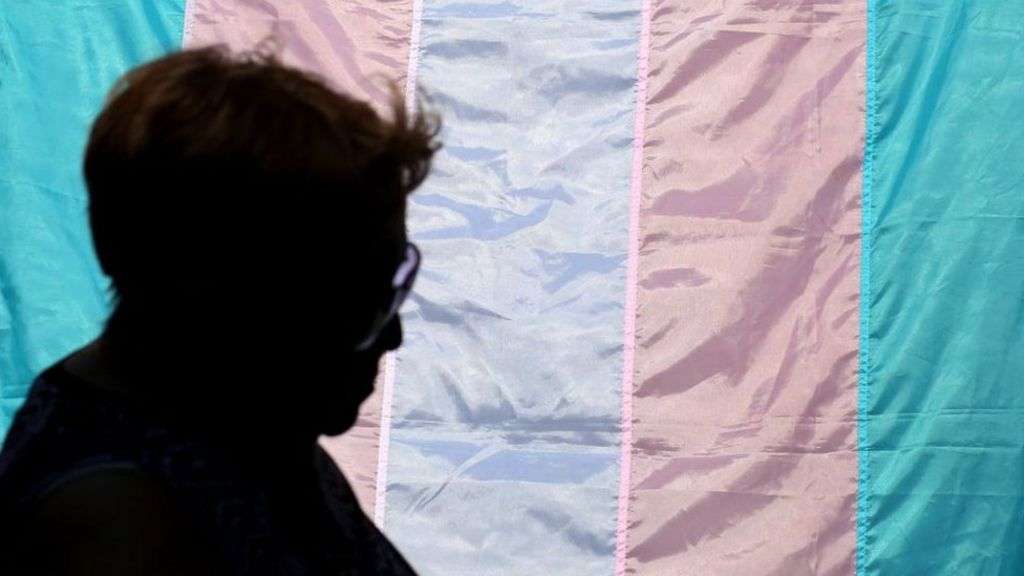Swimmers preparing for their traditional festive dip in the sea say they are worried about sewage.
Surfers Against Sewage's annual water quality report claimed sewage was discharged for more than 600,000 hours in Wales last year.
The campaign group is calling on water companies to provide real-time data on when and where sewage is released.
Welsh Water and Hafren Dyfrdwy say they invest significantly to improve water quality.
The companies also said they report more data than other water companies.
But David Hanham says he and his wife do not consider their local beach on Gower "to be safe" for their children because their toddler became unwell after swimming in the sea.
He says they saw "sludge in the pools" as they played in Brandy Cove with their son.
"It's anecdotal, there's no way of proving it.
"We don't deem our local beach to be safe for our children."
On another occasion, David said his family paddle-boarded through what he believed was raw sewage.
"The water went from crystal clear to brown. Unmistakeably, a sewage slick."
Robert Morgan, a farmer on Gower, said while he loves swimming in the sea on a weekly basis, he also had concerns.
"You can never have a bad swim but do you want to come out feeling ill?"
Combined sewerage systems mean wastewater from toilets, bathrooms and kitchens is carried to sewage treatment works in the same pipes as rainwater.
When rainfall is heavy, treatments plants are allowed to discharge untreated sewage to prevent the system from being overwhelmed.
However, if plants release more sewage than they are allowed to release, they could be in breach of their permits.
Welsh Water has previously admitted to illegally discharging untreated sewage at its plants.
Rivers and seas can also be polluted by agricultural waste, pesticides from the land and private sewage systems.
Alun Moseley from Surfers Against Sewage (SAS) said as "a very keen surfer" he regularly suffered with diarrhoea and ear infections, which he said could be linked to swimming in dirty water.
"Promises are being made and that is all very encouraging, but we need to see action happening now," he said.
Welsh Water said the SAS report ignored the investment made to improve water quality in seas and rivers, helping ensure that Wales had 25% of the UK's Blue Flag beaches while only having 15% of the coastline.
It said: "We know that there's more to do and this is why we are assessing the environmental impact of our assets including storm overflows, undertaking more research than other water companies, so that we can, in conjunction with our environmental regulators, understand the range of factors impacting on bathing water quality."
In 2024 it plans to launch a near real-time storm overflow map which will give information on the operating status of storm overflows at designated bathing waters and some non-designated waters.
Hafren Dyfrdwy, which covers parts of north-east and mid-Wales, said while it was responsible for just a small percentage of spills in rivers in Wales, it took its responsibility towards river health very seriously and was working collaboratively to make rivers the healthiest they can be.
Natural Resources Wales (NRW), the body responsible for monitoring water quality, said while it had seen great improvements in recent years, it was taking action to drive down sewage spills.
"Where pollution incidents are related to the performance of water companies, we have been very clear about our expectations and have pushed for a significant improvement, as well as increased investment to reduce sewage spills which are impacting the environment," it said.
The Welsh government said: "Wales is recognised internationally as having some of the best beaches and water quality in Europe, and high bathing water quality is vital to continue supporting valuable outdoor water recreation opportunities."








